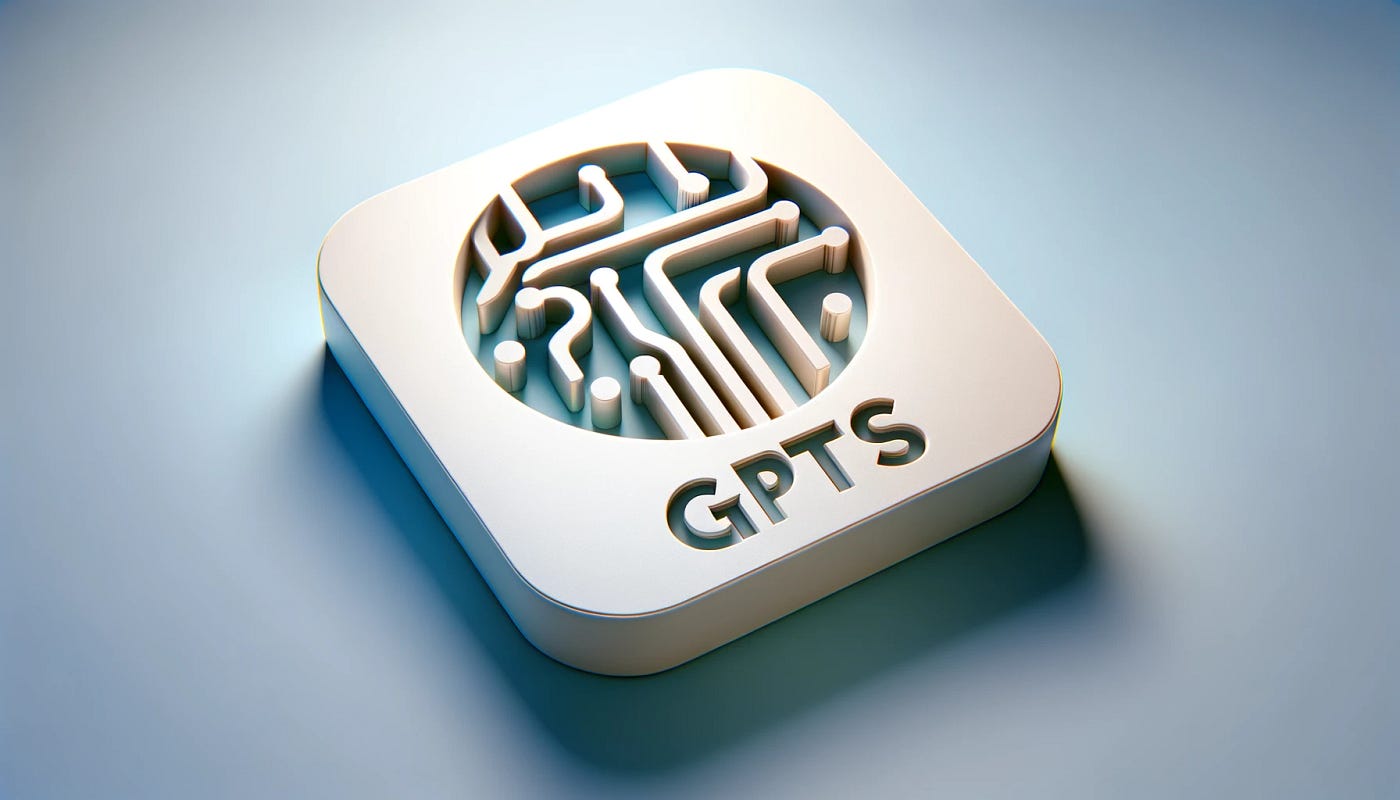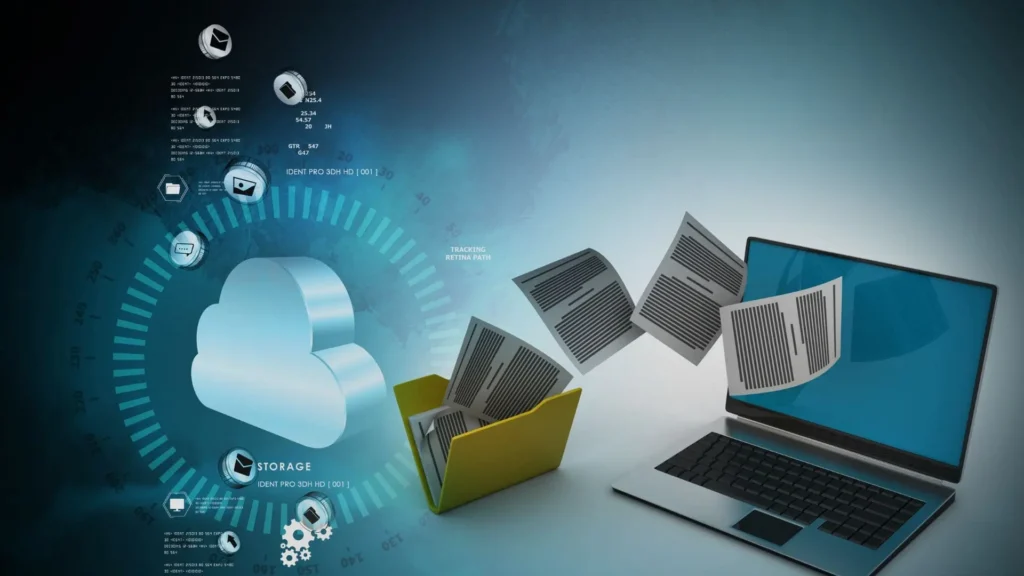In today’s fast-paced world, productivity is paramount. Individuals and businesses alike are constantly seeking ways to enhance efficiency, streamline operations, and reduce the time spent on repetitive tasks. One of the most exciting advancements in this arena is the development of custom GPTs in ChatGPT, designed specifically for task automation. These tailored AI models are revolutionizing the way we work, providing powerful tools to automate a wide array of tasks and significantly boost productivity.
What Are Custom GPTs?
GPT, or Generative Pre-trained Transformer, is a type of artificial intelligence developed by OpenAI. The GPT-4 architecture, which powers ChatGPT, is renowned for its ability to understand and generate human-like text based on the input it receives. Custom GPTs are specialized versions of this model, fine-tuned for specific tasks or industries. By tailoring the AI to address particular needs, businesses can achieve higher levels of efficiency and accuracy in their operations.
The Role of Custom GPTs in Task Automation
Custom GPTs excel in task automation due to their adaptability and learning capabilities. These models can be trained to handle a variety of functions, from customer service to data entry, content creation, and more. By automating routine tasks, businesses can free up valuable human resources to focus on more strategic, high-level activities.
Enhancing Customer Service
One of the most popular applications of custom GPTs is in customer service. Traditional customer service models often struggle to manage high volumes of inquiries, leading to long wait times and frustrated customers. Custom GPTs can be programmed to handle common queries, provide information, and even resolve issues without human intervention. This not only improves response times but also enhances customer satisfaction.
Streamlining Data Management
Data management is another area where custom GPTs can make a significant impact. Businesses often deal with vast amounts of data that need to be organized, analyzed, and reported. Custom GPTs can automate data entry, and extraction, and even generate reports, ensuring that data is accurate and up-to-date. This automation reduces the likelihood of human error and allows for more timely decision-making.
Automating Content Creation
Content creation is a time-consuming task that requires creativity and attention to detail. Custom GPTs can assist by generating high-quality content based on specific guidelines and keywords. For instance, a business can use a custom GPT to create blog posts, social media updates, and marketing materials. This not only saves time but also ensures that the content is consistent with the brand’s voice and messaging. For example, a business looking to engage its audience through video content can leverage a custom video GPT to generate scripts and ideas tailored to their specific needs, ensuring a cohesive and engaging video marketing strategy.
Improving Workflow Efficiency
Custom GPTs can also be integrated into various business workflows to enhance overall efficiency. For example, they can be used to schedule meetings, send reminders, and manage emails. By handling these administrative tasks, custom GPTs allow employees to focus on more critical aspects of their jobs, leading to increased productivity and job satisfaction.
Case Studies: Success Stories of Custom GPTs
Several businesses have successfully implemented custom GPTs to automate tasks and boost productivity. Here are a few examples:
E-Commerce Support
An online retailer implemented a custom GPT to manage customer inquiries about orders, returns, and product information. The GPT was trained on the company’s product database and customer service protocols. As a result, the retailer saw a 40% reduction in response times and a significant increase in customer satisfaction scores.
Financial Services
A financial services firm utilized a custom GPT to automate the generation of financial reports and data analysis. The GPT was programmed to pull data from various sources, analyze trends, and create detailed reports for clients. This automation reduced the time spent on report generation by 60%, allowing analysts to focus on more complex tasks.
Marketing and Content Creation
A digital marketing agency used a custom GPT to automate the creation of social media posts and blog articles. By inputting specific keywords and topics, the GPT generated high-quality content that matched the agency’s style and tone. This not only saved time but also ensured that the content was optimized for search engines, improving the agency’s online visibility.
The Future of Custom GPTs in Task Automation
The potential for custom GPTs in task automation is vast and continues to grow as technology advances. As more businesses recognize the benefits of these tailored AI models, we can expect to see increased adoption across various industries. Future developments may include even more sophisticated models capable of handling complex tasks and providing deeper insights.
Ethical Considerations
While the benefits of custom GPTs are significant, it is important to consider the ethical implications. Businesses must ensure that the use of AI does not lead to job displacement without adequate support for affected employees. Additionally, transparency in AI usage and data privacy are crucial to maintaining trust with customers and stakeholders.
Conclusion
Custom GPTs in ChatGPT are transforming the landscape of task automation, offering powerful tools to boost productivity and streamline operations. By leveraging these advanced AI models, businesses can enhance customer service, improve data management, automate content creation, and increase overall workflow efficiency. As technology continues to evolve, the possibilities for custom GPTs are endless, promising a future where productivity is maximized, and human potential is fully realized.





